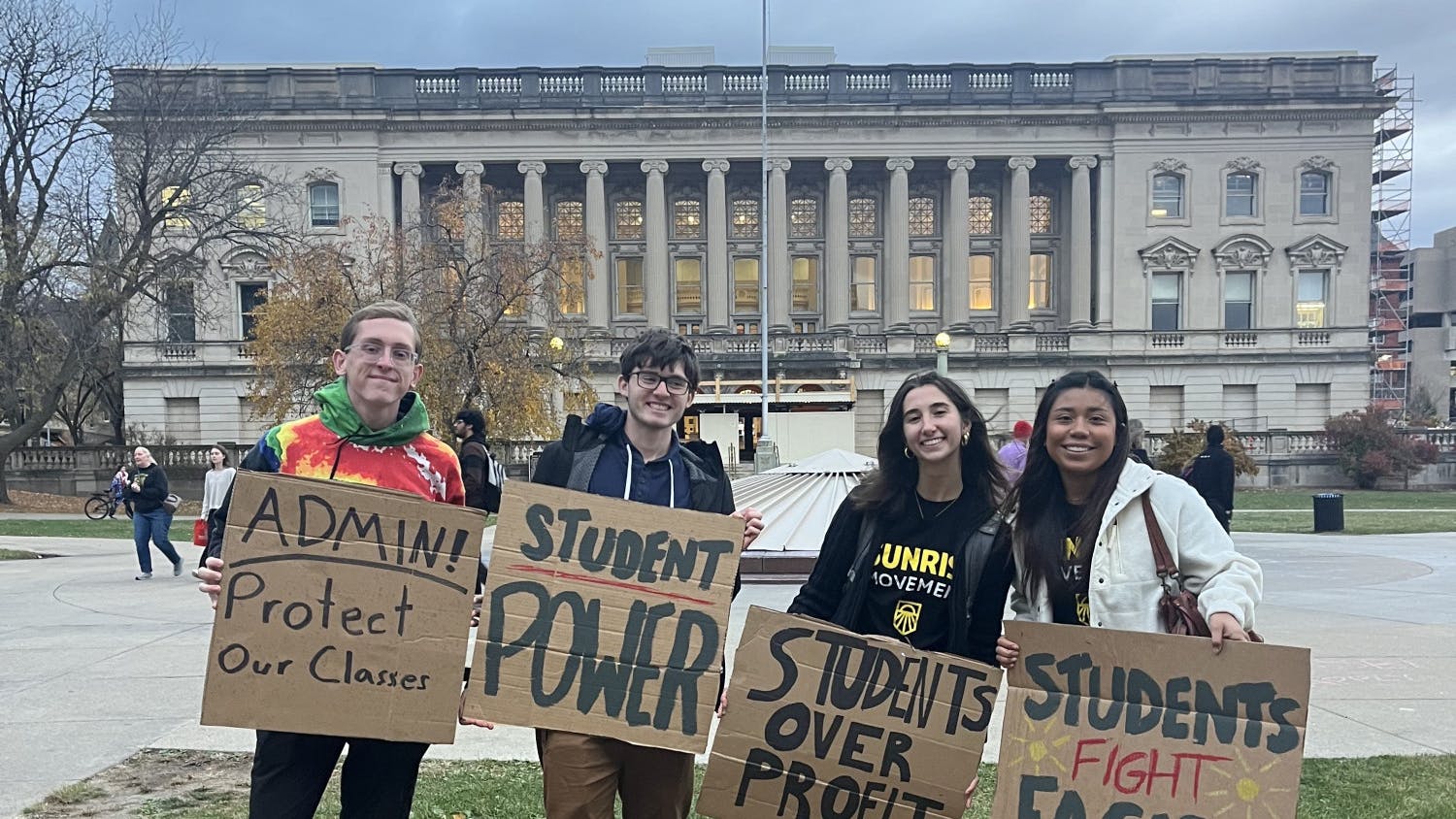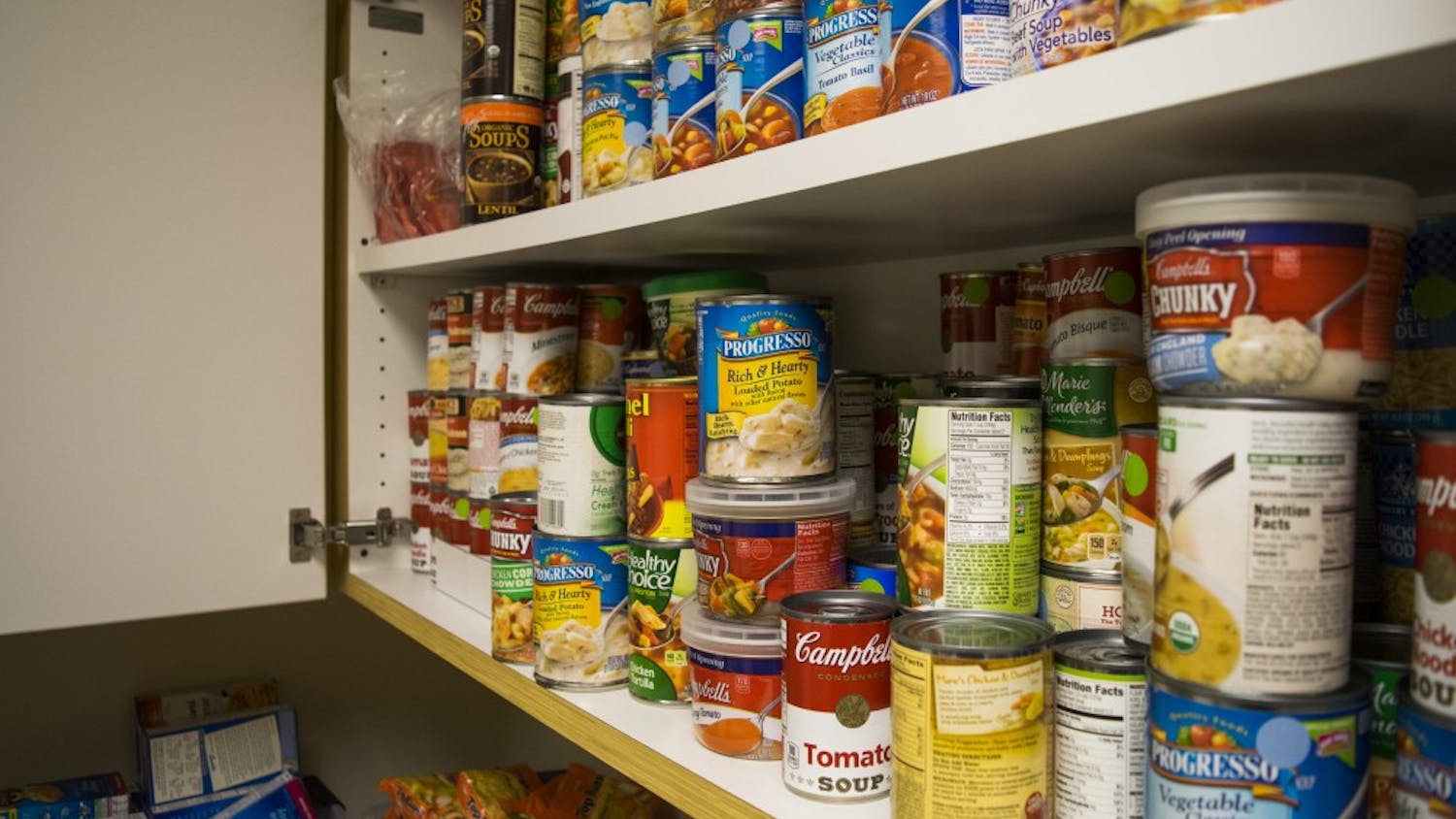At times the music industry seems like it has its cards stacked hopelessly against the success of smaller artists. Not only do financial pressures assure that mainstream television and radio programming are restricted to artists on the rosters of major labels, but companies such as Sony often engage in directly anti-competitive measures in coordination with other major labels and media conglomerates.
National music retailers make arrangements with distributors that reserve shelf space in stores for albums licensed by Warner Music Group.
Clear Channel Communications threatens to financially ruin venues that book tours for which they don't control the promotions. It's enough to make one give up all hope of ever seeing Art Brut on the cover of Rolling Stone.
Of course, in recent years, Web sites such as Pitchforkmedia.com and to a lesser extent subscription television channels like mtvU have become major promoters for bands on the national indie rock scene.
Groups that haven't built up a national following, such as local artists and smaller independent acts, have had to find their own ways to pay for the costs of recording and promotion. Often, the solution is for bands to work together in the form of an artists' collective. Meaning, the participating bands all put some time and money toward taking care of some of the duties a label would usually handle for them.
Sector Five Records (www.sectorfiverecords.com), was founded three years ago by members of Colony of Watts, Driftless Pony Club and Vox Humana, and represents several other bands from the Madison area, namely the Hat Party, the Cummies, the Pale Riders and the Bracelets. Not fully a label, though much more than a few bands hanging out together, Sector Five takes care of everything from promotional duties to helping bands release albums.
'Sector Five Records is probably not a record label in the traditional sense'we're not signing artists or giving record deals, for example,' said Jesse Marsh of the Hat Party. 'We are probably best described as an artists' collective rather than a proper label, although we're striving to become one.'
'Most of our releases have been funded by the artists themselves; Sector Five has been able to supplement funds for recording costs or pressing, but generally some of that money is recouped somehow and put back into the label.'
Currently, Sector Five Records works to make sure that their bands' albums are in stock at local record stores as well as selling discs online and at concerts, but the bands would love for the collective to grow.
'Right now we'd love to have some sort of national distribution for our releases, although we're not actively pursuing that at the moment,' Marsh says. 'Putting together mailers with CDs, [press kits] and other promotional materials for various college radio stations and websites across the nation has been our latest focus, just to somehow get the name out there.'
When many artists have enough trouble simply putting out an album every few years, the bands that make up Sector Five Records are in the position of having to handle both the creative and business sides of making music, but according to Marsh, the work is not without its benefits.
'It takes some hard work, especially when we're all trying to juggle label duties with our bands, jobs, school, etc. But then again, it's something that we're all very interested in doing, and I'd be lying if I said it wasn't fun.'





